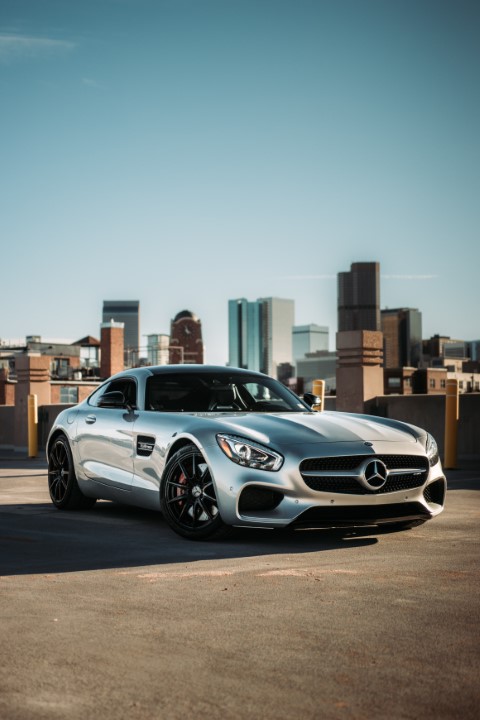 Janis Joplin famously sang “Oh Lord, won’t you buy me, a Mercedes-Benz?” – an ambition that millions the world over have harbored since the 1920s.
Janis Joplin famously sang “Oh Lord, won’t you buy me, a Mercedes-Benz?” – an ambition that millions the world over have harbored since the 1920s.
You see, German vehicle engineering has had a huge impact on the automotive industry and perhaps none more so than the Mercedes.
To put the popularity of the brand into context, almost two million Mercedes cars were registered on UK roads in 2021.
With almost a hundred years of history, there is no doubting the cultural appeal of Mercedes-Benz.
Heritage
Founded in 1926, for almost a century Mercedes has been at the forefront of culture and prestige.
Its rich history appeals to hardcore car enthusiasts, but its reputation for reliability makes the company popular with the more casual driver too.
Borne out of a coming together between German machine enthusiasts Karl Benz and Gottlieb Daimler, Mercedes has become synonymous with the idea of affordable luxury.
Style and design
Mercedes as a brand is known for producing vehicles with sleek, stylish designs, capable of merging aesthetically pleasing models with functionality.
Indeed, the idea of design for Mercedes is quite literally a trademark, with its three-pointed star bringing to life the key ideals of fascination, responsibility, and perfection.
To maintain such mantras, Mercedes’ long-term strategies focus on identity and continuity. New models have the vision to show the way to the future, while staying true to the company’s heritage.
All this is done while paying close attention to the ever-changing trends of its customers and the realities of real life.
Moreover, its outreach for these changing habits goes beyond just Germany, with Mercedes having Advanced Design Studios in the United States, China, Japan and Italy.
Performance and innovation
But of course, to stay ahead of the curve and remain so relevant in a crowded market, the designs have to be implemented in practice and Mercedes has always delivered vehicles that are stylish and perform well on the road.
Mercedes is known for its engineering excellence and cutting-edge technology.
In 2017, Mercedes revealed the innovations on its next generation E-Class, which included allowing the driver to control the infotainment system from the steering wheel with finger swipes – an industry first when it was released by Mercedes.
Anti-lock brakes had been an idea dating back to the late 1920s, but it was a collaboration between Mercedes and Bosch that brought them to fruition in production vehicles in the 1970s and ABS is now standard in all vehicles.
Status and luxury
Staying true to its origins and always being ahead of the curve has kept Mercedes at the forefront of culture, and is associated undoubtedly with the idea of status and luxury.
Owning a Mercedes is seen as a symbol of success and achievement, while used Mercedes’ are popular in the second-hand car market for similar reasons.










